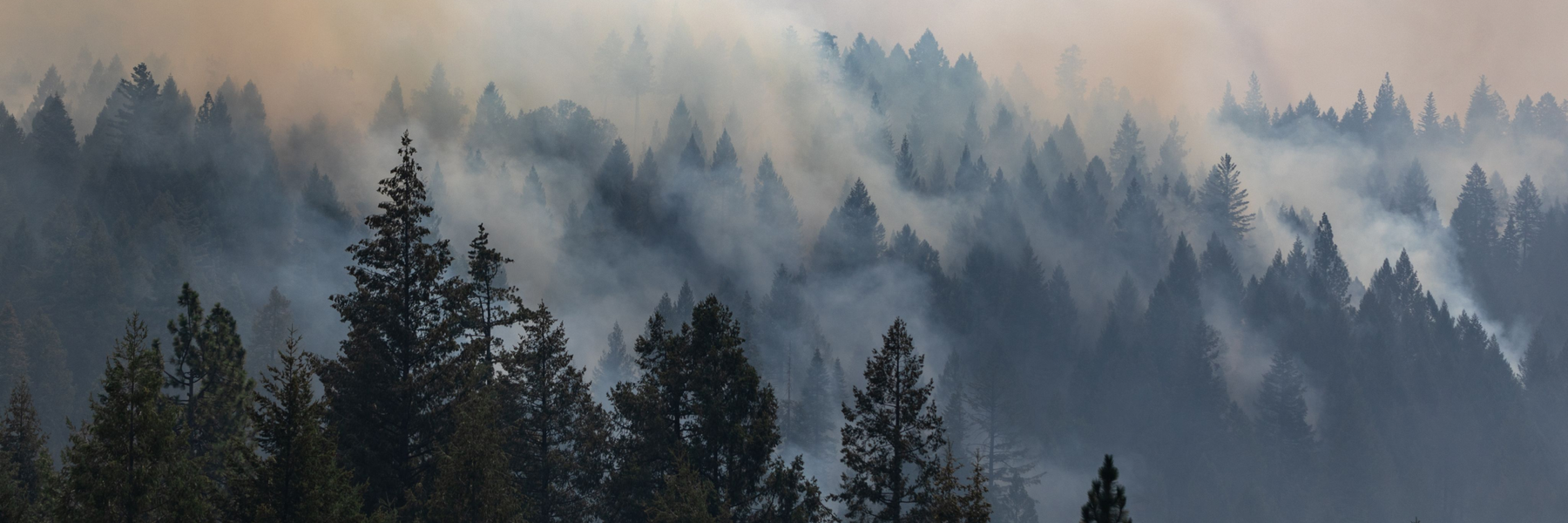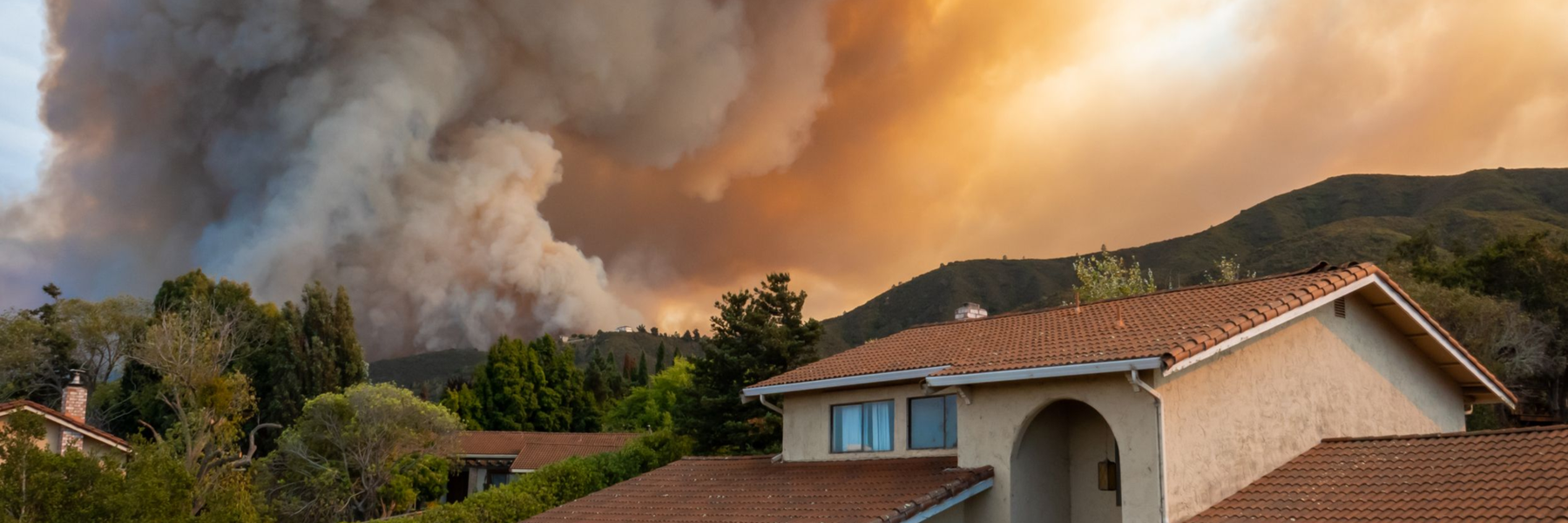For this week’s FOIA round-up, public records help confirm a story about President Donald Trump bringing members of his golf club on Air Force One, a lawsuit shows tax assessor pulling property values from Zillow, and a California city takes a stand against one reporter’s dogged crusade to keep city records secret.
See a great use of public records we missed? Send over your favorite FOIA stories via email, on Twitter, or on Facebook, and maybe we’ll include them in the next roundup. And if you’d like even more inspiration, read past round-ups.
Hole in (Air Force) One
According to records obtained by BuzzFeed News, Trump appears to have invited members of the Trump International Golf Club to tour the Air Force One.
After receiving a copy of the invite, BuzzFeed News filed FOIA requests to cross-reference their veracity.
Two separate tours were scheduled at the Atlantic Aviation FBO at Palm Beach International for 1 p.m. and 2 p.m. on Feb. 18, 2017 - hours before Trump held his first 2020 campaign rally less than 120 miles away at the Orlando Melbourne International Airport hangar.
The two tours are recorded differently compared to all other Air Force One tours given in the 14 months after Trump took office, according to redacted government records provided to BuzzFeed News. Unlike the other records, they don’t list an agency name or title of the official in charge of the tour. The listed date for the tours matches up with the date and time listed on the invitation.
Read the full story here.
Cooking the books in Cooks County
Court documents obtained by the Chicago Tribute after a lawsuit under the Illinois Open Records law reveal that the Cook County Assessor’s Office would often abandon the office’s own computer model for determining property value in a manner that would favor more affluent home-owners.
When doing the hand-check process, analysts sometimes relied on data from internet sites like Zillow or Trulia “for insight into home characteristics” - such as square footage and number of rooms - that can affect values. Berry said that’s problematic. “If they are doing that for one set of homes and not others, that’s going to introduce nonuniformity into the process,” he said.
The original request and its subsequent lawsuit were filed as part of The Tax Divide, an investigative collaboration between the Tribune and ProPublica Illinois. Read the full story here.
City intercedes to prevent a reporter from … preventing transparency?
OC Weekly reports on how a strange public records story out of San Juan Capistrano, California got even weirder when the city itself took a stand against a self-described reporter’s attempts to undercut public records law.
A battle in San Juan Capistrano over public records is heating up with the city taking the unusual step of intervening in an even more unusual lawsuit filed against councilwoman Pam Patterson by a political ally. Back in April, the Weekly requested two-and-a-half months worth of correspondences from Patterson under the California Public Records Act (CPRA). While this infernal rag waited for complete fulfillment of our request, Clint Worthington, a local gadfly, sued the councilwoman in May seeking a court order to halt her from turning over emails and text message exchanges he sent to her private email account and cell phone.
Citing the possibility that Worthington and Patterson may reach a settlement preventing a release of responsive records, the city asked to join the suit. In court documents, attorneys with Best, Best and Krieger, an Ontario-based firm retained by San Juan Capistrano, argued that the city’s interests are “inadequately represented” and “not fully protected” by either Worthington or Patterson.
The city, for its part, began releasing records to the Weekly, which revealed among other things, Patterson’s refusal to order from a halal restaurant because the meat was “prepped in accordance with Shariah Law.”
Read the full story here.
Read a great FOIA-based news story we should highlight? Let us know and maybe we can include it in our next roundup! Send it over via email, on Twitter, or on Facebook.
Image by Shealah Craighead via White House Flickr




